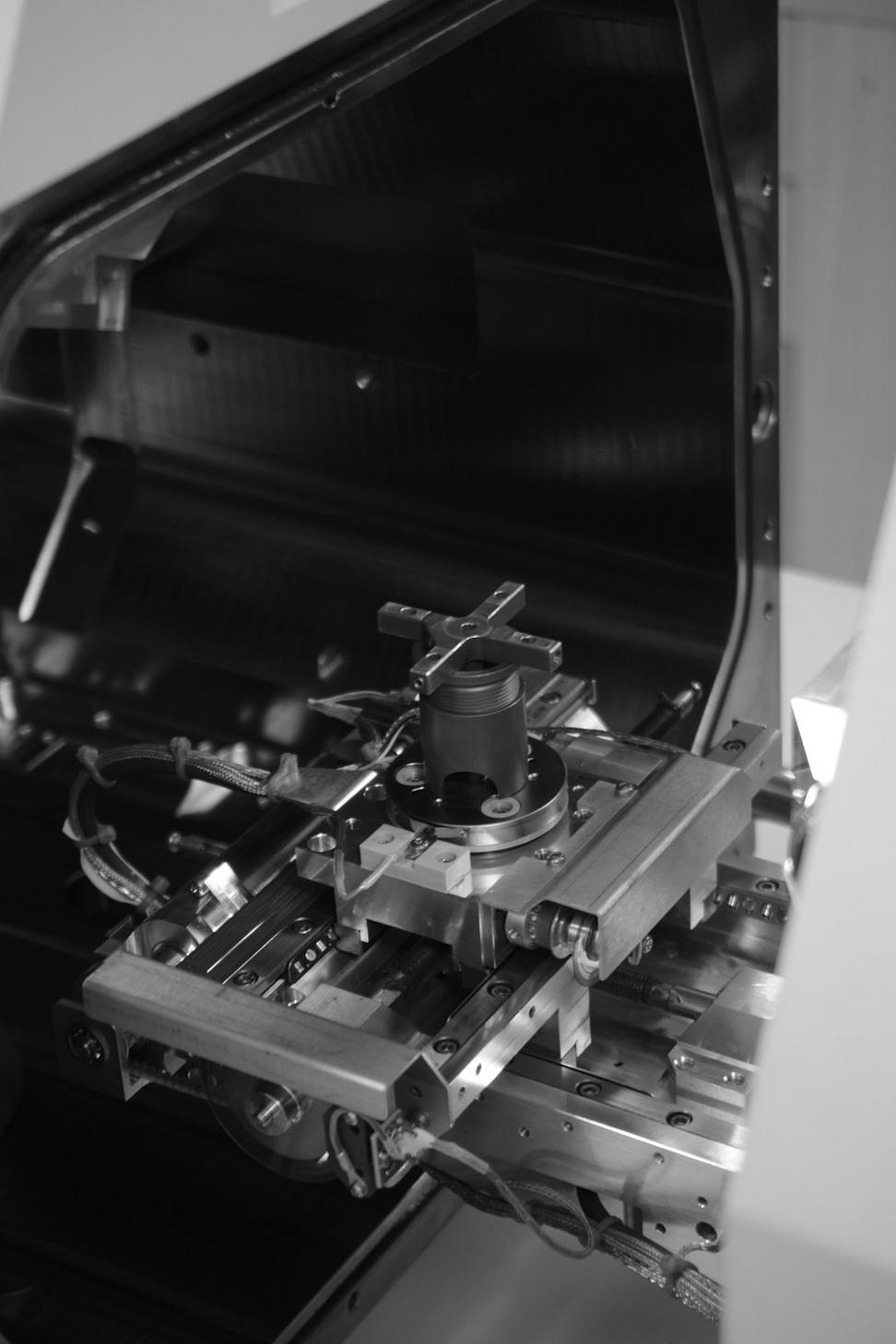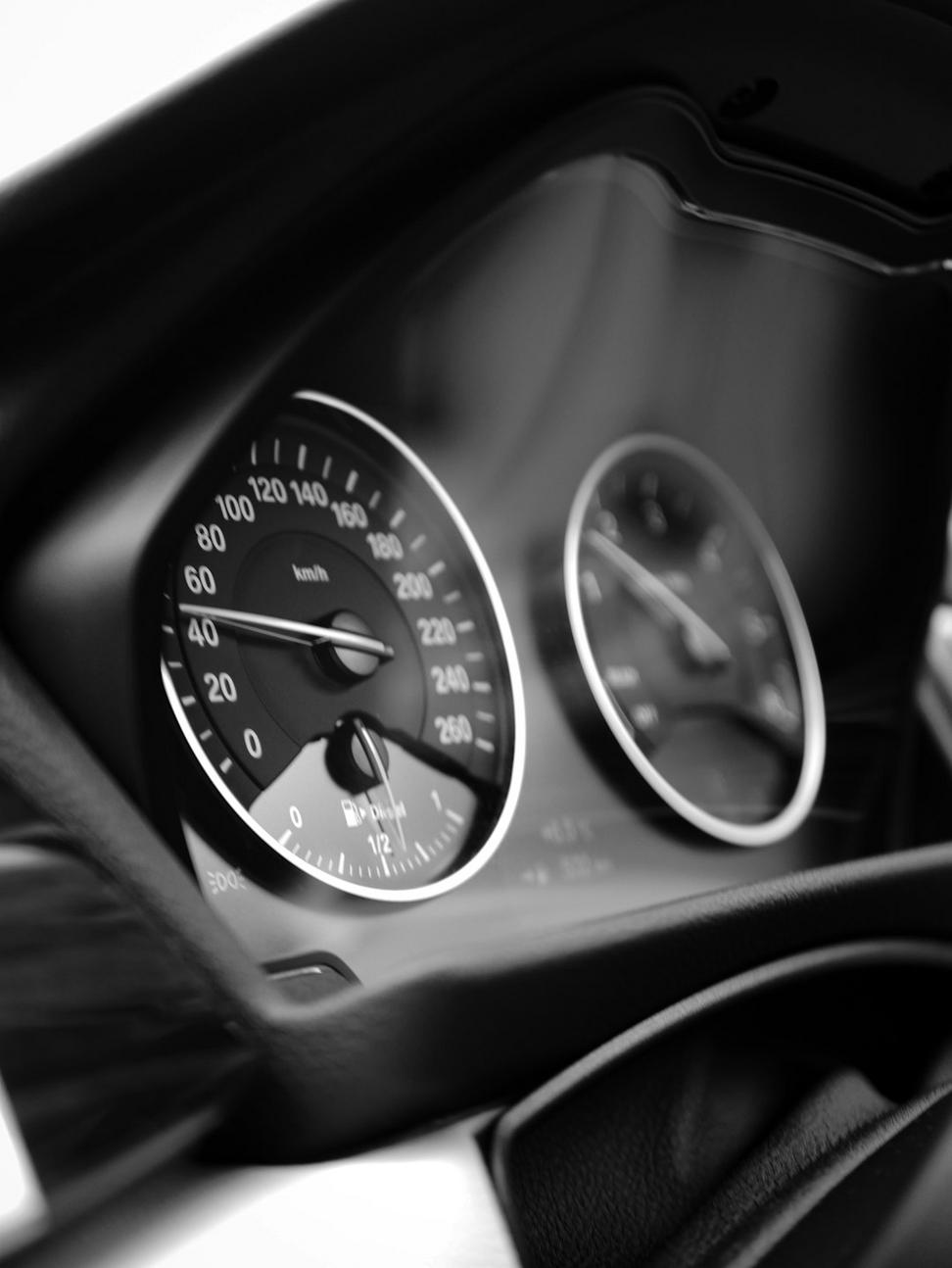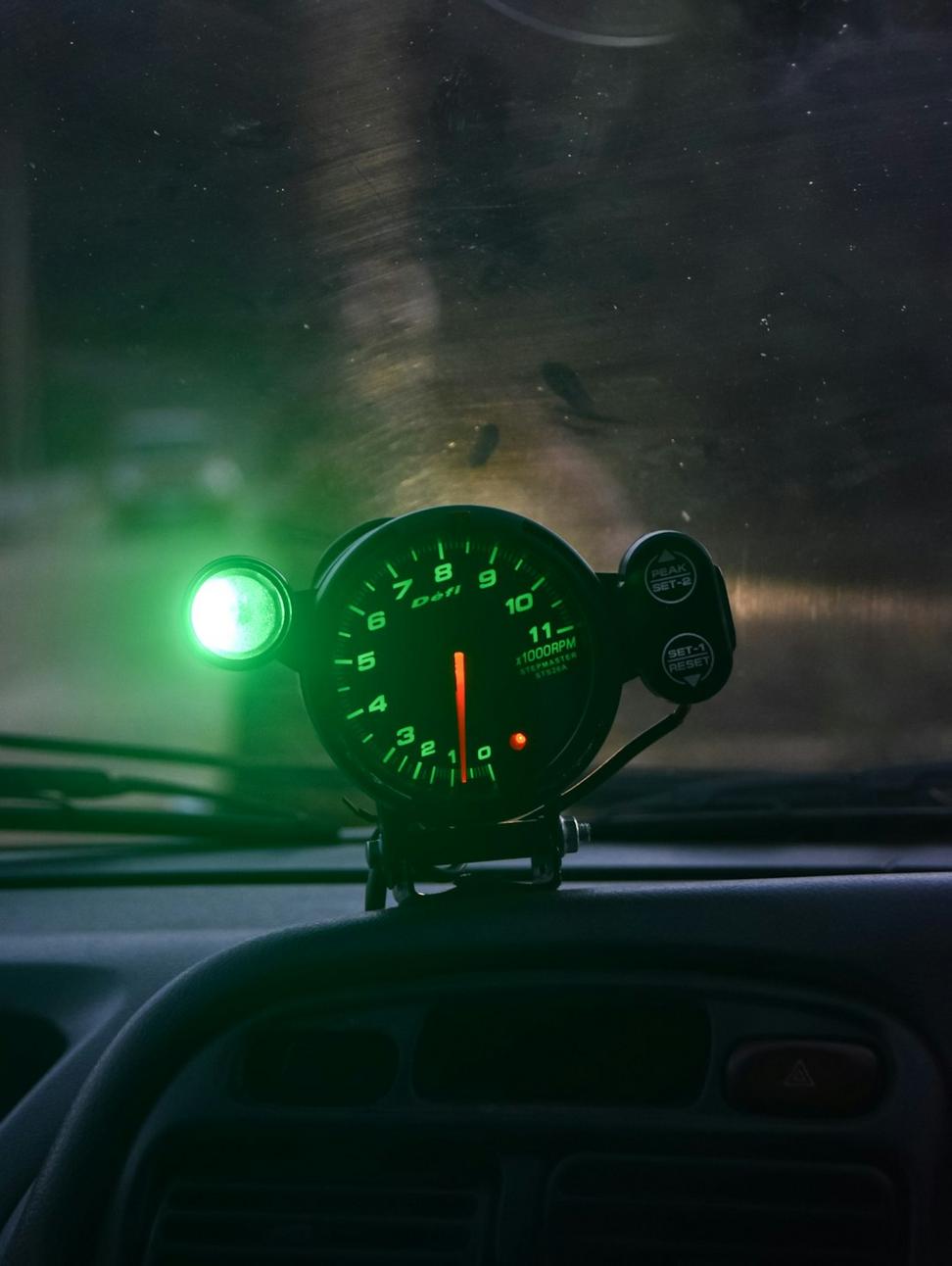| Engine Control Unit (ECU) |
Fuel trims, ignition timing, air/fuel ratio, knock sensor data, cam/crank correlation |
Carbon buildup on direct injection, timing chain stretch, failing MAF sensors |
| Transmission Control (TCM) |
Shift patterns, clutch pressures, solenoid operation, fluid temp, adaptation values |
Mechatronic failures in DSG, valve body issues, incorrect fluid levels |
| ABS/ESP Module |
Wheel speed sensors, brake pressure, yaw rates, steering angle calibration |
Corroded wheel speed sensors, pump failures, steering angle sensor drift |
| Climate Control |
Refrigerant pressure, compressor load, blend door positions, sensor readings |
Blend door actuator failures, refrigerant leaks, evaporator temp sensor issues |
| Airbag System (SRS) |
Impact sensor status, seat occupancy, belt pretensioner circuits, crash data |
Seat occupancy mat failures, clockspring issues, stored crash data needing reset |
| Body Control Module |
Light operation, window controls, central locking, comfort features, battery management |
Parasitic battery drain, door lock actuators, window regulator coding issues |
| Adaptive Cruise/ADAS |
Radar calibration, camera alignment, lane keeping data, automatic braking thresholds |
Windshield replacement requiring recalibration, sensor misalignment after collision |



